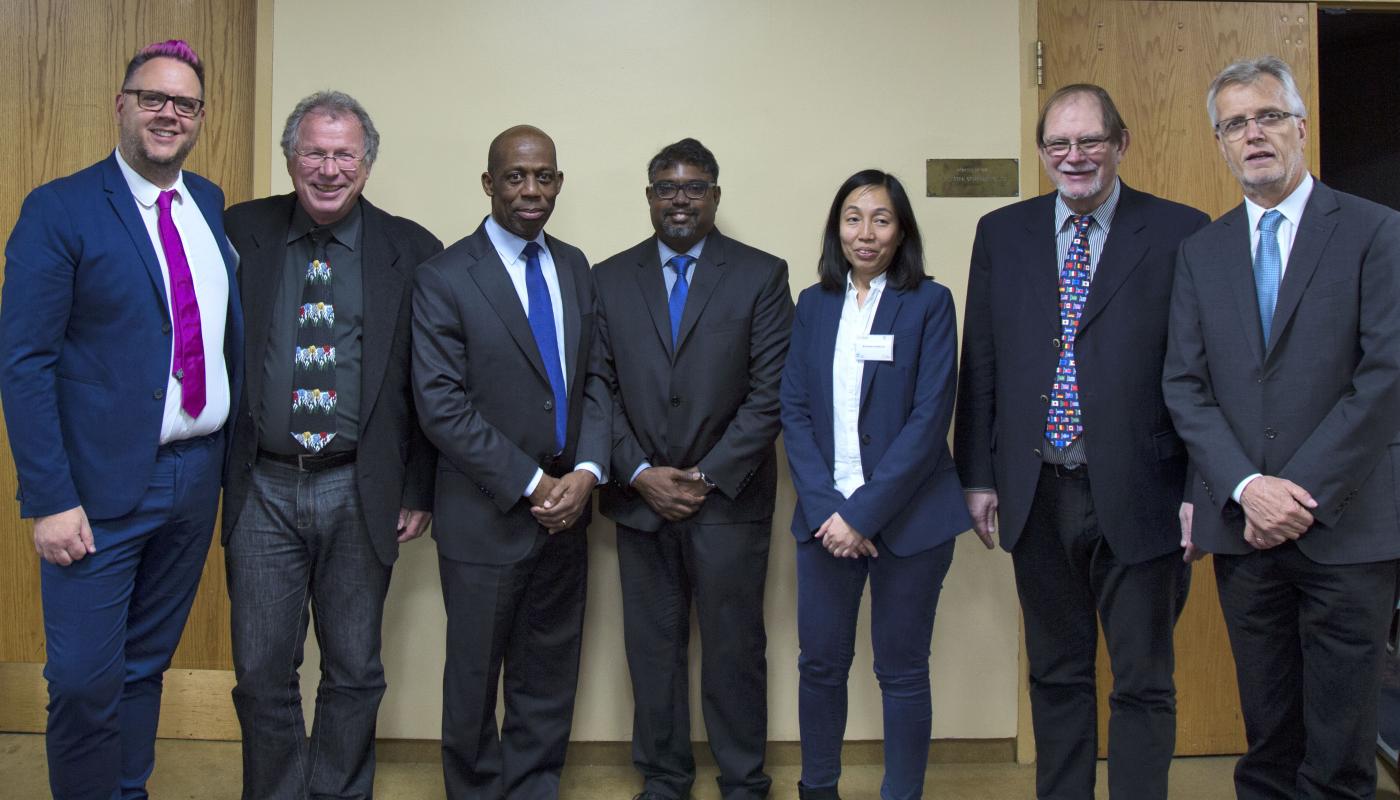The third meeting of the Ecumenical Panel on a New International Financial and Economic Architecture (NIFEA) is underway in New York City from 21-23 April.
Leaders and representatives from the World Council of Churches, World Communion of Reformed Churches, Council for World Mission, Lutheran World Federation, Roman Catholic church and civil society are gathering to connect with the United Nations 3rd Economic and Social Council Forum on Financing for Development from 23-26 April.
The NIFEA panel seeks to analyze the signs of the times for the economy and the earth, identify emerging and persisting elements of economic and climate injustice and the key issues ahead, set up a process to update the NIFEA Plan, and strategize new actions and partnerships.
History of NIFEA
In January 2014, the Ecumenical Panel on a NIFEA produced the report “Economy of Life for All Now: An Ecumenical Action Plan for a New International Financial and Economic Architecture”. The NIFEA Plan maps out areas for advocacy and engagement by churches in the areas of financial sector regulation, public finance and debt, and global economic governance, with a view to transforming the international financial architecture by relinking finance to the real economy, countering greed and embedding economy in society and ecology.
Since the plan was drawn up, there have been significant and interconnected developments in global economic, political, social and ecological landscapes that bear on the NIFEA Plan.
The Need for NIFEA
Economic inequality has consistently worsened since the global financial crisis of 2008 and is at its highest level since the 19th century. Among numerous studies, the 2017 Oxfam report, “An Economy for the 99%”, points out that, today, eight men own as much wealth as 3.7 billion people combined or half the world population.
The ecological challenges confronting the world today are more daunting than ever. Sixteen out of the 17 warmest years ever documented occurred after 2000.








